
Music
The Desert Ark (L'Arche du Desert), a variation on Romeo and Juliet set in the Algerian desert. A young couple must face inevitable conflict when their rival families discover their secret love. Taking refuge in a cave, they listen to the sounds of a senseless campaign of violence and murder, which is the culmination of the extremism that has long divided their two communities. Nominated for the Golden Leopard at the 1997 Locarno Film Festival.

Original Music Composer
Seen through the filtered lens of boyhood memories, award-winning director Mohamed Lakhdar-Hamina crafted this half-fictional, half-autobiographical account of a brief period in the history of an Algerian village. It is 1940, and the quiet town is ruled by French colonialists appointed by the Vichy government. Algerians are being called up for service in the Vichy military, and Jews in the village are in danger of deportation. A beautiful young schoolteacher named Claire Boyer (Veronique Jannot) arrives in town and turns every male head within miles, including 14-year-old Mouloud (Merwan Lakhdar-Hamina, the director's son). Simon Attal (Michel Boujenah), a fellow teacher and a Jew, is also attracted to Claire, and so is Mouloud's older brother. Suddenly two murders occur in the village, Simon is in danger of being deported, and the tone shifts from the dreams of boyhood to the realities of manhood.
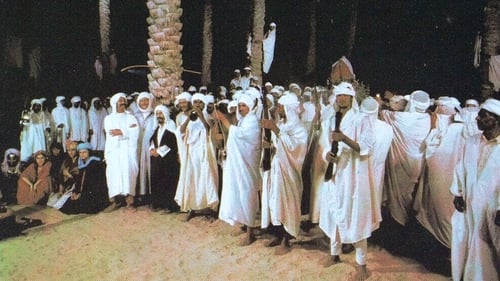
Music
Seen right through the sandstorms that rack the lives of a tribe living on a desert oasis, is a subtle and not-so-subtle mistreatment of the female members of the tribe - tribal chiefs have the right to be the first to deflower virgins, and single or widowed mothers must walk a narrow line of behavior restrictions that do not apply to their male counterparts. Both genders, however, fight the brunt of the harsh desert winds together.

Music
Directed by Mohamed Chouikh.

Music
An arranged marriage as seen through the eyes of an unhappy young Algerian woman.

Director
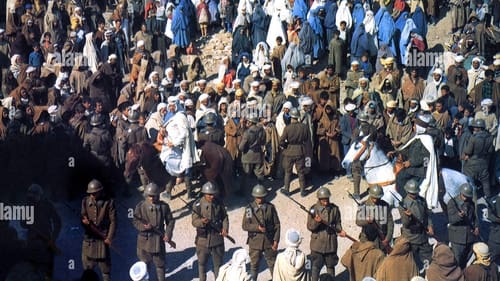
Music
The beginings of the Algerian Revolution as seen through the eyes of a peasant.

Music
Directed by Mustapha Badie.
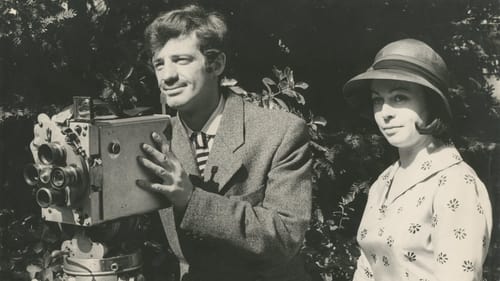
Director
An interesting mixture of filmed scenes with Belmondo and archival footage regarding cultural aspects of all kind around Paris, starting at the end of the 19th century and ending in the mid-1960's. Jean-Paul Belmondo leads us through the movie starting as a young photographer around 1900, a reporter in both world-wars and doing fictional interviews with lots of celebrities.

Director
When a museum depicting the violence man inflicts on himself opens, a doctor, a woman and a museum official go through the building before the grand opening. Discussing the subject matter, their attention quickly turns to the May Day riots that plagued Paris. This symbolic film tries to portray all victims of violence as Christlike figures. Stock footage of war and suffering are used to underscore the effectiveness of the subject matter in this uneven feature.
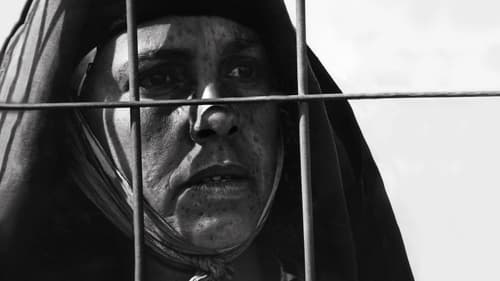
Music
This black-and-white film – the first road movie of Algerian cinema – presents one of the most readily apparent, though subtle, transformations of the daily life of the people of Algeria brought about by the ordeal of French occupation and the war of liberation. With military repression in full force, a peasant woman finds herself alone in her house in the mountains when her only son is taken away by French soldiers soon after her husband is killed in a raid. One day, on seeing a dead chicken, which she considers a bad omen, she decides to leave home, and sets off on a tiring journey through the mountains. With a pair of chickens in tow, she moves from one detention camp to the next in a desperate search for her missing son. The film was inspired by events experienced by the family of its director.

Music
A study of conscience set against the trial of Eichmann in Israel.

Writer
A study of conscience set against the trial of Eichmann in Israel.

Director
A study of conscience set against the trial of Eichmann in Israel.

A story of "La Pasta", a renowned prima donna, and her extraordinary rival.
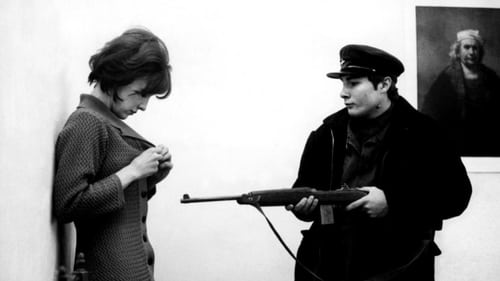
Original Music Composer
Parábola antimilitarista donde dos campesinos reciben con júbilo la noticia de su movilización, felices y contentos de los desmanes que podrán cometer bajo el uniforme. (FILMAFFINITY)

Sound Mixer
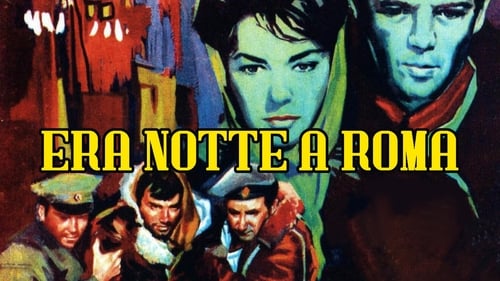
Sound Effects
Durante la Segunda Guerra Mundial, en una tumultuosa Roma, infestada de nazis, una joven italiana hospeda a tres soldados aliados de tres nacionalidades diferentes: un inglés, un americano y un ruso.

Original Music Composer
Francia, 1947. Gaspard Claude ha sido acusado del intento de asesinato de su mujer, pero es inocente. Una vez en la cárcel, comparte celda con cuatro duros criminales que han decidido escapar de la prisión construyendo un laborioso túnel. A duras penas, convencen al joven para que se una al plan de fuga y participe en la construcción del túnel.
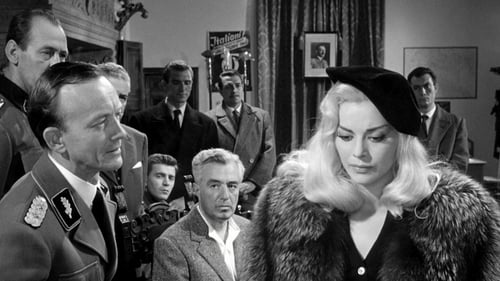
First Assistant Director
En 1943, los aliados ya han desembarcado en el Sur de Italia, pero el Norte sigue bajo dominio fascista gracias a la ocupación alemana. En la Génova de 1943, Bertone, un estafador con grandes dotes teatrales, es arrestado por los nazis y obligado a hacerse pasar por un militar antifascista, el general della Rovere. Su misión será identificar a los jefes de la Resistencia, pero acaba tomándose su papel demasiado en serio.
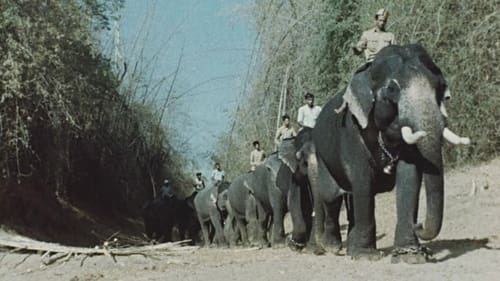
Original Music Composer
India es el primero de casi una decena de documentales que rodará Rosellini hasta su muerte. Jean-Luc Godard ubica a "India" a la altura de "Que Viva México" (Eisenstein), "Tabú" (Murnau) y el poco frecuentado "It's All True" (Welles). El film es una gran obra sobre la integración entre el hombre y la naturaleza donde, a partir de una realidad documental, propone diversos modelos de ficción.
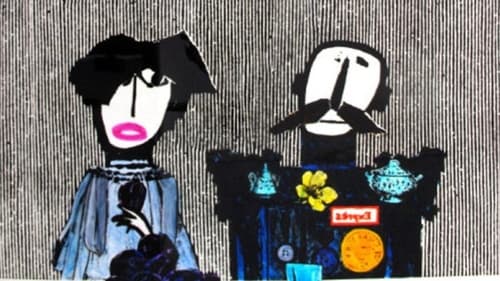
Music

Music










